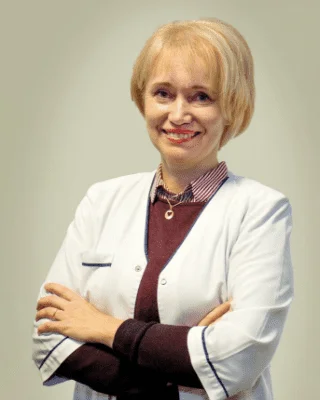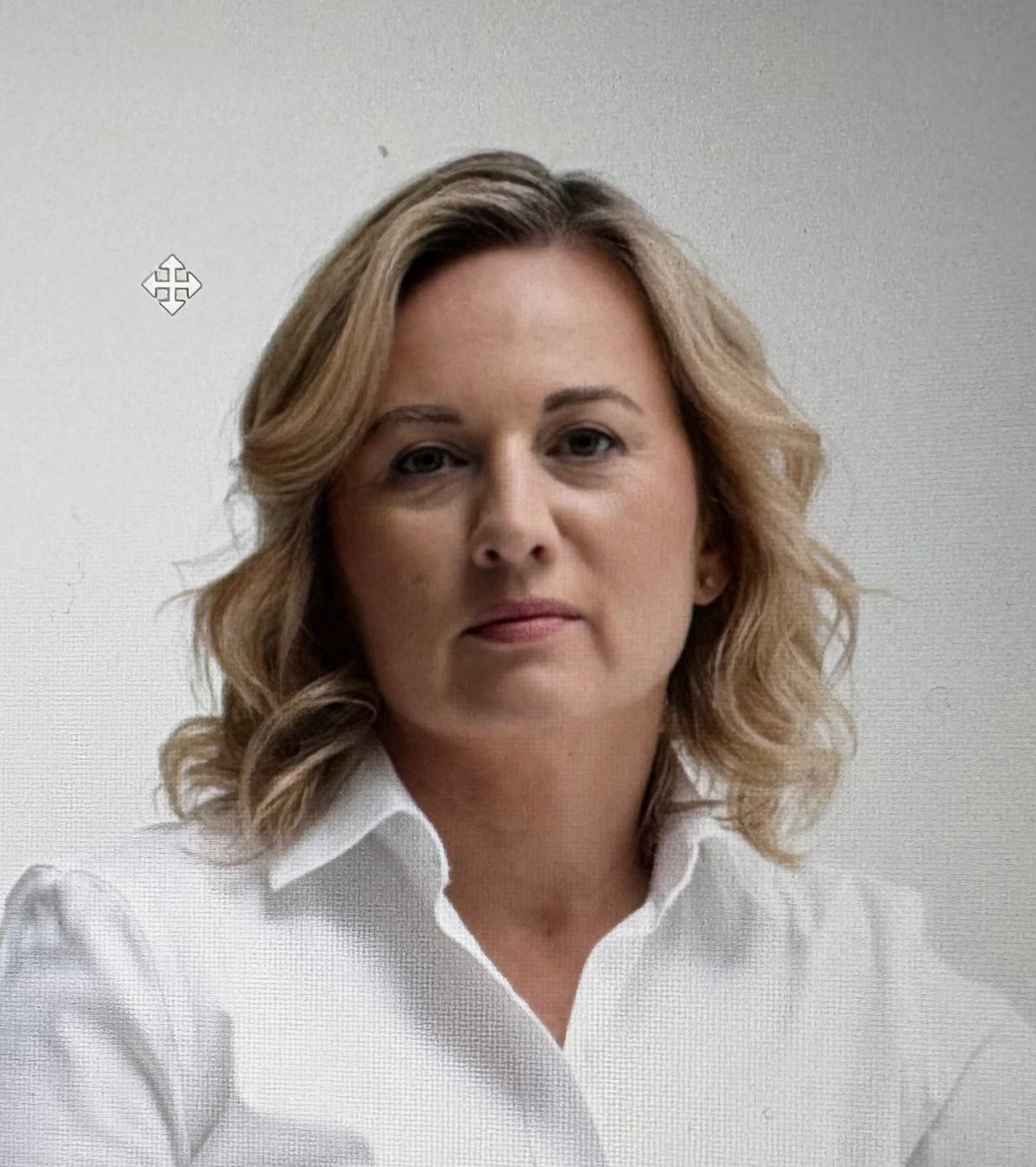
Endobiogeny (French: l’endobiogénie) is a medical approach that was initiated in France in the 1970s by French physician and scientist Christian Duraffourd. Endobiogeny means:
- Endo = inside, within
- Bio = life, living
- Génie = special ability
Endobiogeny emphasizes the human body's ability to independently regulate and maintain health, with its main goal being to support this natural process.
The creation and development of the endobiogenic method was influenced by the new results of psychoneuroendocrinology and epigenetics research. With the development of molecular medicine, gene analysis and epigenetic evaluation methods, it was possible to understand the mechanisms of how the activity of the autonomic nervous system interacts with the regulation of gene expression of neurons in the limbic system responsible for emotions, how the psychophysical structure of personality and reactions to stress change the activity of the hypothalamus, pituitary gland and other endocrine glands.
The endobiogenics method is related to a new field of science - metabolomics, which studies the changes in cells, tissues and body metabolites in the process of adaptation. The endobiogenics method explains how a particular patient developed a disease and how it is possible to improve his state of health by maintaining the body's balance - homeostasis, complex self-regulation mechanisms of the nervous - endocrine system. The endobiogenic method is applied to the individualized diagnosis and treatment strategy of a (specific) patient's disease, eliminating not only the symptoms of the disease, but also the causes that caused the disease, analyzing the interrelationship of the nervous, immune and endocrine systems and the impact of psychological factors on the patient's health.





